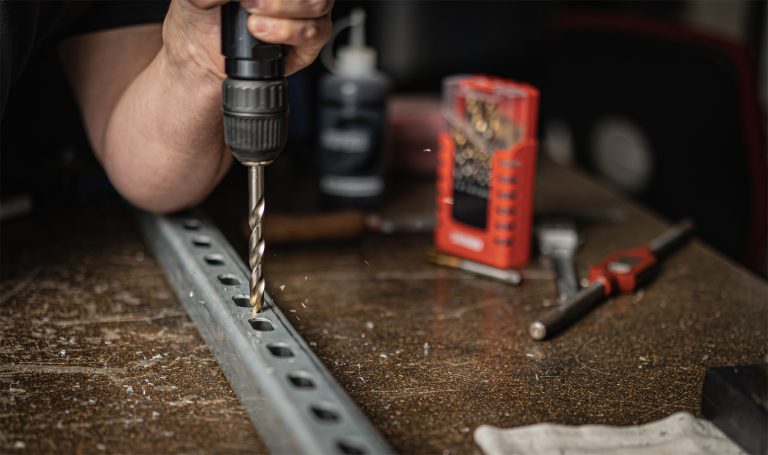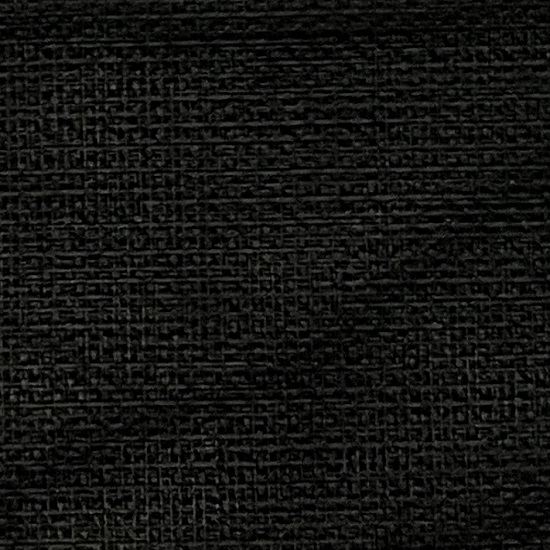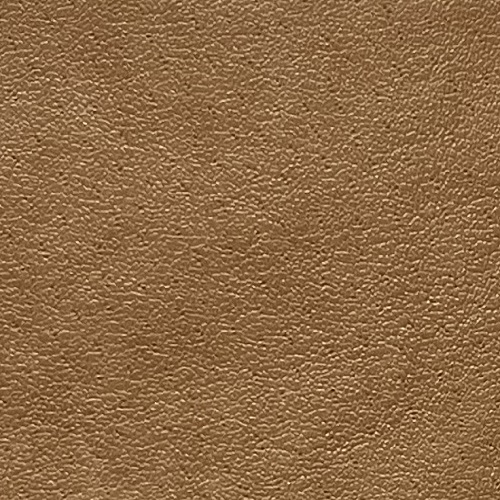Table of Contents
Sustainable Practices in Shoe Leather Sourcing
Shoe leather sourcing is a critical aspect of the footwear industry, with many companies striving to adopt sustainable practices in their supply chain. One key player in this process is the shoe leather supplier, who plays a crucial role in ensuring that the leather used in shoes is sourced ethically and responsibly.
Sustainable practices in shoe leather sourcing involve a variety of factors, including the use of environmentally friendly tanning processes, the responsible sourcing of raw materials, and the fair treatment of workers throughout the supply chain. Shoe leather suppliers are increasingly being held to higher standards in these areas, as consumers become more aware of the environmental and social impact of their purchasing decisions.
One of the most important aspects of sustainable shoe leather sourcing is the use of environmentally friendly tanning processes. Traditional tanning methods involve the use of toxic chemicals that can have a negative impact on the environment and the health of workers. Shoe leather suppliers are now turning to more sustainable alternatives, such as vegetable tanning, which uses natural tannins found in plants to tan the leather. This process is not only better for the environment, but it also produces a higher quality leather that is more durable and long-lasting.
| Commodity Name | Variety |
| Shoe Upper | S |
In addition to using environmentally friendly tanning processes, shoe leather suppliers are also focusing on the responsible sourcing of raw materials. This includes ensuring that the leather they use comes from suppliers who adhere to strict environmental and animal welfare standards. Many shoe leather suppliers now work with certified suppliers who can guarantee that their leather is sourced ethically and sustainably.

Another important aspect of sustainable shoe leather sourcing is the fair treatment of workers throughout the supply chain. This includes ensuring that workers are paid a fair wage, have safe working conditions, and are not subjected to exploitation or abuse. Shoe leather suppliers are increasingly working with suppliers who prioritize the well-being of their workers, and who are committed to upholding labor rights and standards.
Overall, sustainable practices in shoe leather sourcing are becoming increasingly important in the footwear industry. Shoe leather suppliers play a crucial role in ensuring that the leather used in shoes is sourced ethically and responsibly, and that environmental and social impact is minimized throughout the supply chain. By adopting sustainable practices, shoe leather suppliers can help to create a more sustainable and ethical footwear industry that benefits both people and the planet.
The Impact of Quality Shoe Leather on Footwear Performance
Shoe leather is a crucial component in the production of high-quality footwear. The type and quality of leather used can have a significant impact on the overall performance and durability of the shoe. As such, it is essential for shoe manufacturers to carefully select their leather suppliers to ensure that they are getting the best possible materials for their products.

One of the key factors that determine the quality of shoe leather is the type of animal hide used. Different animals produce leather with varying characteristics, such as thickness, flexibility, and durability. For example, cowhide is commonly used in the production of leather shoes due to its strength and durability. On the other hand, sheepskin is known for its softness and flexibility, making it ideal for more delicate shoe designs.
In addition to the type of animal hide, the tanning process also plays a crucial role in determining the quality of shoe leather. Tanning is the process of treating animal hides to make them more durable and resistant to water and other elements. There are several methods of tanning, with each producing leather with different characteristics. For example, chrome tanning is a popular method that produces leather with a soft and supple texture, while vegetable tanning creates leather that is more rigid and firm.
When it comes to selecting a shoe leather supplier, shoe manufacturers must consider several factors to ensure that they are getting the best possible materials for their products. One of the most important considerations is the supplier’s reputation and track record. A reputable supplier with a history of providing high-quality leather is more likely to deliver consistent and reliable materials.
Another important factor to consider when choosing a shoe leather supplier is the supplier’s ability to meet the manufacturer’s specific requirements. Shoe manufacturers often have unique specifications for their leather, such as thickness, color, and texture. A supplier that can tailor their products to meet these requirements is invaluable to a shoe manufacturer looking to produce high-quality footwear.
Furthermore, shoe manufacturers should also consider the supplier’s commitment to sustainability and ethical practices. Leather production can have a significant impact on the environment, so it is essential for manufacturers to work with suppliers who prioritize sustainable and ethical practices. This includes sourcing leather from responsible sources and minimizing waste and pollution in the production process.
In conclusion, the quality of shoe leather has a significant impact on the performance and durability of footwear. Shoe manufacturers must carefully select their leather suppliers to ensure that they are getting the best possible materials for their products. Factors such as the type of animal hide, tanning process, supplier reputation, and commitment to sustainability all play a crucial role in determining the quality of shoe leather. By working with reputable and responsible suppliers, shoe manufacturers can ensure that their products are of the highest quality and meet the expectations of their customers.







